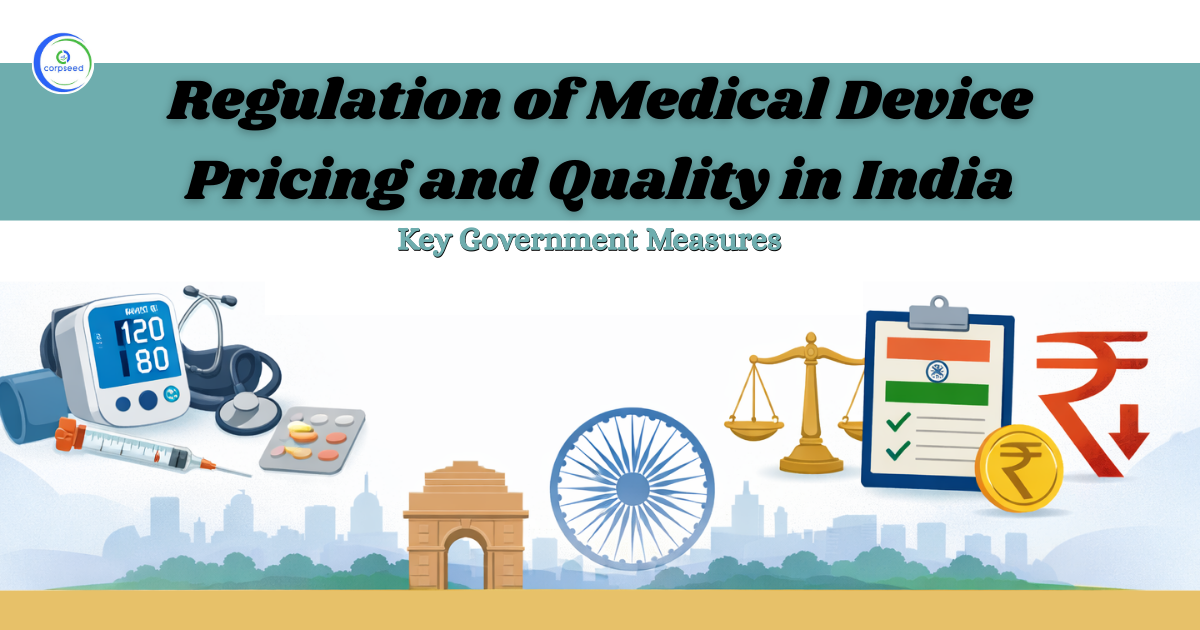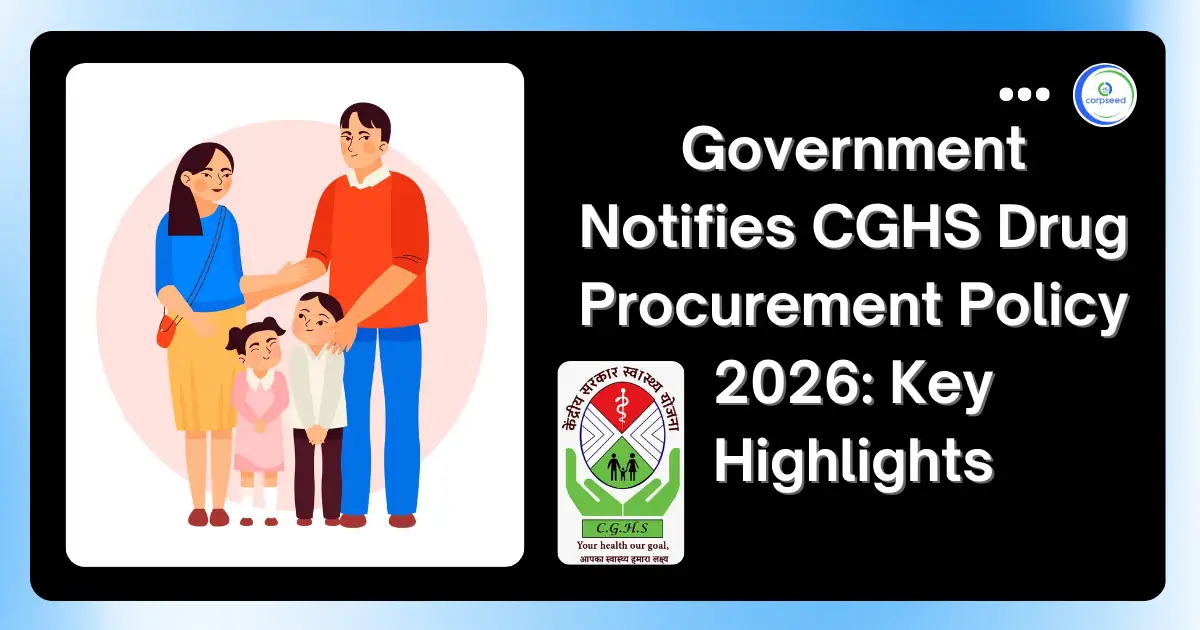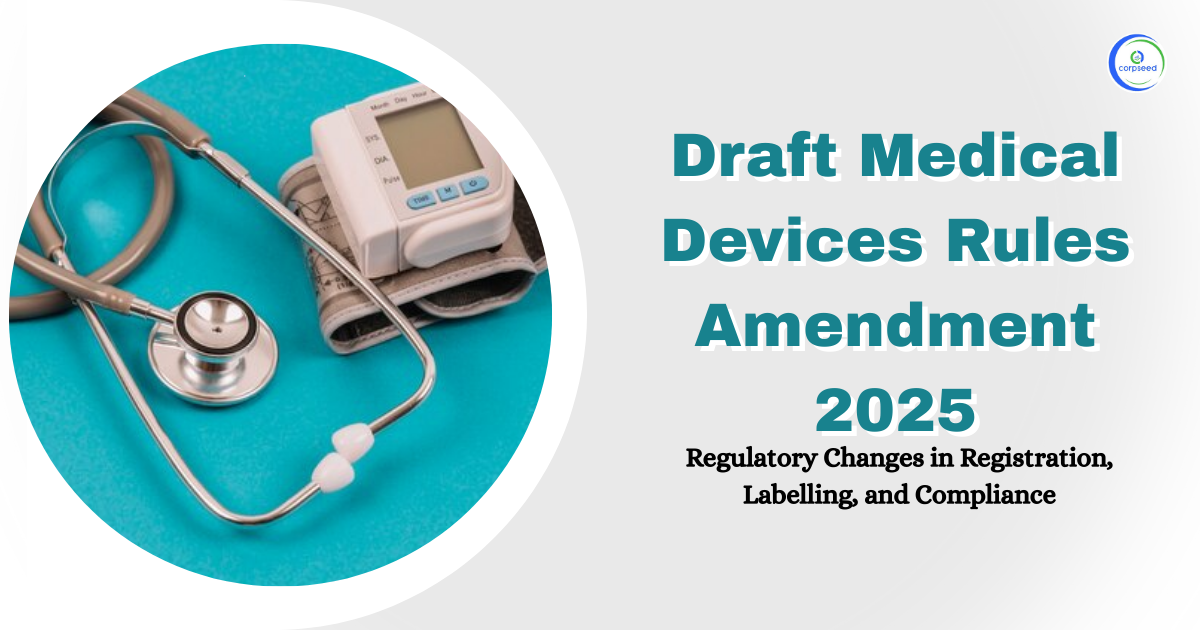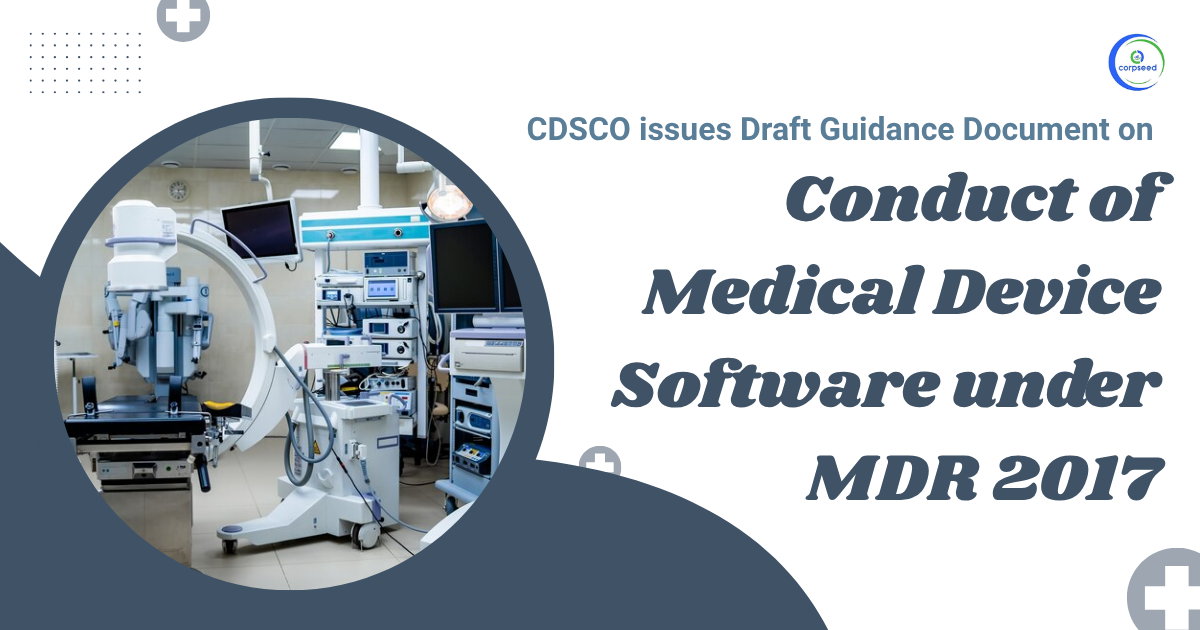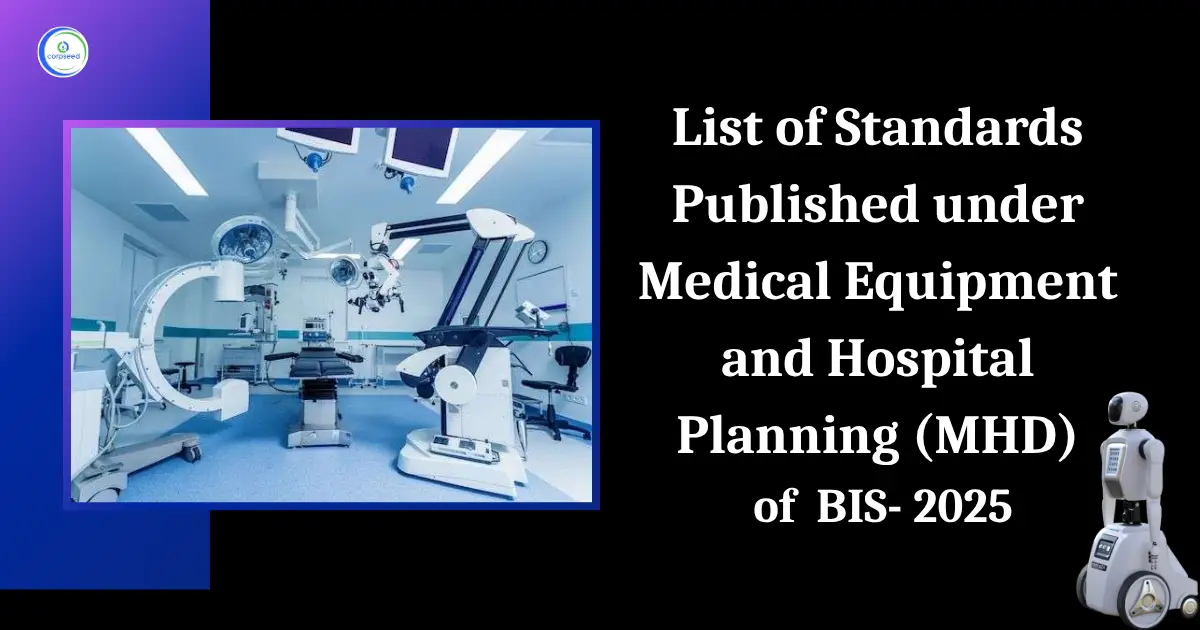Manufacturing of pharmaceutical products is undoubtedly a sensitive business from the public health and safety point of view. These businesses are regulated closely by the Central Drugs Standard Control Organisation, often abbreviated as CDSCO. It is responsible for providing various permissions and authorisations to pharmaceutical companies before they are allowed to manufacture, sell or distribute their drugs and other pharmaceutical products in the market. Such allowance comes with prescribed conditions that need to be followed by the pharma companies to continue the manufacturing operations. To ensure such compliance, CDSCO regularly organises inspections throughout the country and takes strict actions against those who are not complying with the conditions prescribed in their licences. Recently CDSCO inspected 162 pharma companies and halted operations in 40 firms after irregularities were found in the inspection.
Table of Contents
--------------Blog Contact Form-------------
Data Provided by the Officials of the Health Department
During a session in the parliament, the union health minister provided data for the actions taken by the CDSCO after due inspection of the pharmaceutical manufacturing facilities. According to him, the manufacturing process is halted in forty units and an FIR has been filed in one of these matters. Apart from these, twenty-one warning letters were issued to other drug manufacturing companies.
Various State Regulatory authorities have also participated in the operation to inspect the pharmaceutical manufacturing companies. During the exercise, 143 show-cause notices were also issued to pharmaceutical firms. The collective effort was taken by the government to identify pharma companies and curb their operations if they do not comply with the drug rules and regulations or if irregularities are found during the inspection.
Major Irregularities Found During Inspection
The officials informed various reasons for the actions taken on the drug manufacturing companies. The major causes for the halting of operations in the pharma companies are as follows-
- The firms were not testing the raw materials before their usage. They were being used in production without due care, caution and appropriate testing.
- Another significant reason was not having a product quality review mechanism and the absence of a quality failure investigation.
- Some firms were found not to be having appropriate infrastructure to avoid cross-contamination of drugs.
- The design of manufacturing areas and testing facilities was not in consonance with the prescribed guidelines.
- Qualified professionals were missing from the premises at the time of inspection.
- The documentation was improper and lacked crucial information which otherwise has to be documented on a regular basis.
Implementation of GMP in India
GMP stands for Good Manufacturing Practices and recently the government made it mandatory for pharmaceutical manufacturing companies to follow the GMP guidelines as prescribed in Schedule M of the Drugs and Cosmetic Rules of 1945. The move came after complaints came to notice against the Indian manufacturers for exporting cross-contaminated drugs to various countries and subsequent loss of health among the population. So far only a few drug manufacturing companies have been following GMP guidelines but now companies have to follow them according to the recent government notification.
Companies have to get a special certificate called the Good Manufacturing Practices Certificate to keep doing their work. Big companies that make more than 250 crore rupees have to start following these GMP rules in six months. Smaller companies, those making less than 250 crore rupees, and other small businesses can take a year before they have to follow GMP rules. If a company doesn't get the special certificate on time, their manufacturing process may be halted after inspection.
Read Our Blog: GMP Certificate for Pharmaceutical Companies
How to comply with the Drug Manufacturing Rules?
If you are operating a pharmaceutical manufacturing company then you need to follow certain rules so that you don’t violate any provisions as specified in the drugs and cosmetic rules. Major precautions prescribed by the rules for a pharmaceutical manufacturing company are as follows-
- Having a contamination-free location to store drugs
- Hygienic building design
- Proper water and waste management
- An environment with controlled temperature
- Appointment of qualified personnel
- Supervision by the experts
- Multiple testing and product quality assurance
- Meticulous equipment maintenance
- Labelling with utmost care and caution
- Comprehensive documentation
- Maintaining technical records
- Securing reference samples from each batch
Read Our Blog: How to Start Manufacturing of Pharmaceutical in India
Dire Consequences of Irresponsible Drug Manufacturing
Sometimes lack of monitoring and strict inspections result in dire consequences. All rules are just pieces of text until they are implemented and regulated from time to time. There must be regular inspections and strict actions against those who manufacture and distribute drugs without care and caution and cost the lives of innocent people. There have been several incidents in different countries that have raised concerns about contamination found in syrups, eye drops, and ointments manufactured in India. According to these countries, these incidents have resulted in tragic consequences. At least seventy children in the Gambia, eighteen children in Uzbekistan, and six children in Cameroon lost their lives due to contamination found in syrups made in India. The United States also reported three deaths linked to over-the-counter eye drops made in India, with allegations of bacterial contamination being the cause.
Read Our Blog: GMP Consultants for Pharmaceutical Products in India
Medicine Testing in India
According to a response provided by the minister of state for health and family welfare in Parliament, recent testing of medicines by both Central and state authorities in the last three years has revealed some concerning findings. Approximately 3% of the medicines tested during this period were determined to be not of standard quality which means that these drugs did not meet the required quality standards and could pose risks to patient safety. Furthermore, the data indicates that there has been an increase in the percentage of spurious or adulterated medicines from 0.2% in 2019 to 0.4% in 2022. Spurious or adulterated medicines are those that may contain incorrect or harmful ingredients and are often unauthorized or counterfeit.
In response to these findings, a total of 1,249 legal actions have been initiated against individuals or entities involved in the manufacture, distribution, and sale of these spurious and adulterated medicines over the course of these three years. To assess the quality of medicines, both state and central authorities have collectively tested over 80,000 samples each year. These statistics highlight the importance of maintaining stringent quality control measures within the pharmaceutical industry to ensure that medicines are safe and effective for patients. The government's efforts to identify and take legal action against those responsible for substandard and counterfeit drugs are crucial in safeguarding public health.
Conclusion
In summary, the pharmaceutical industry's adherence to stringent regulations is crucial for public health and safety. Recent inspections by the Central Drugs Standard Control Organisation (CDSCO) in India have exposed irregularities in some companies, prompting the implementation of Good Manufacturing Practices (GMP) guidelines. Pharmaceutical companies must follow strict rules regarding contamination-free storage, proper documentation, and quality assurance. Negligence in drug manufacturing can have tragic consequences, as seen in incidents involving contaminated drugs. Quality concerns have arisen from recent medicine testing, highlighting the importance of stringent quality control measures. Legal actions against those responsible for substandard and counterfeit drugs underscore the government's commitment to public health. Continued collaboration between regulatory bodies and pharmaceutical companies is essential to ensure the safety and effectiveness of medications. It's imperative to maintain rigorous standards to protect the well-being of patients who rely on these vital drugs.
This portion of the site is for informational purposes only. The content is not legal advice. The statements and opinions are the expression of author, not corpseed, and have not been evaluated by corpseed for accuracy, completeness, or changes in the law.
BOOK A FREE CONSULTATION
Get help from an experienced legal adviser. Schedule your consultation at a time that works for you and it's absolutely FREE.


